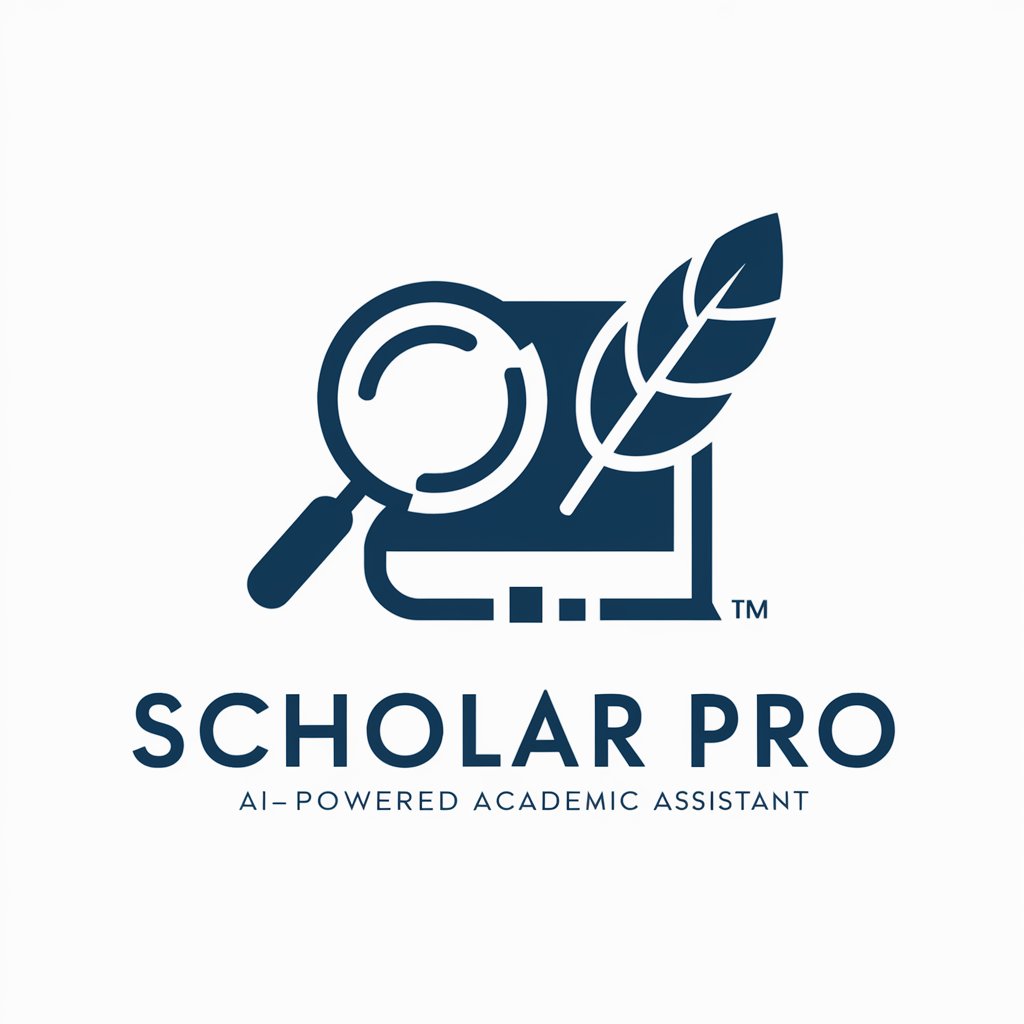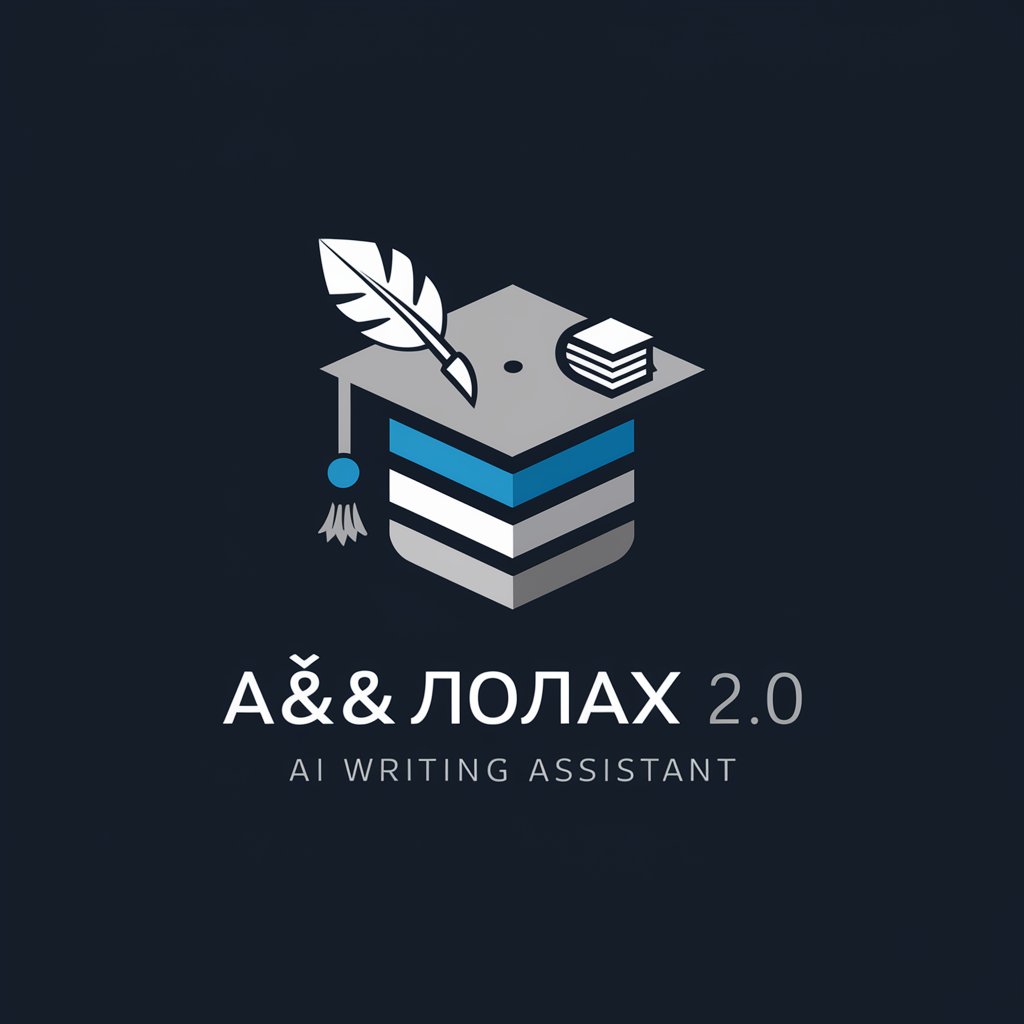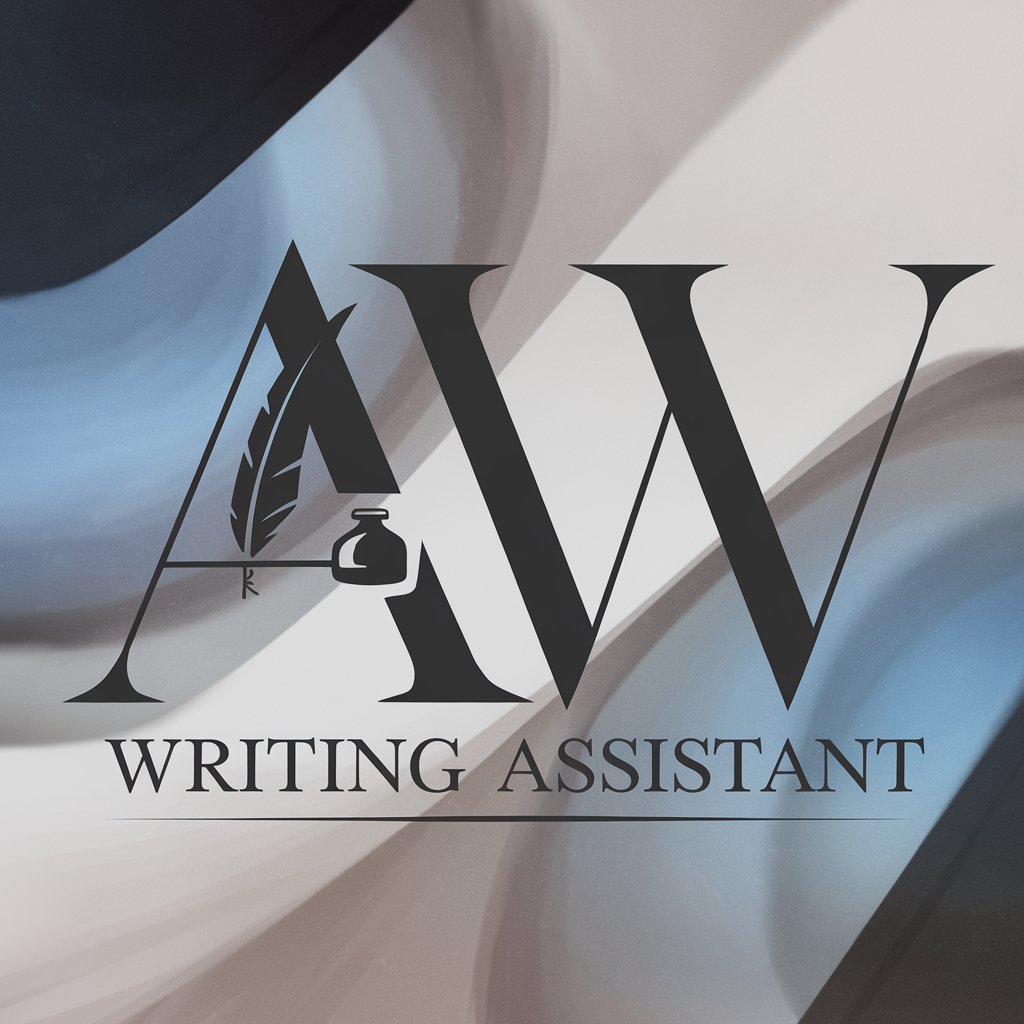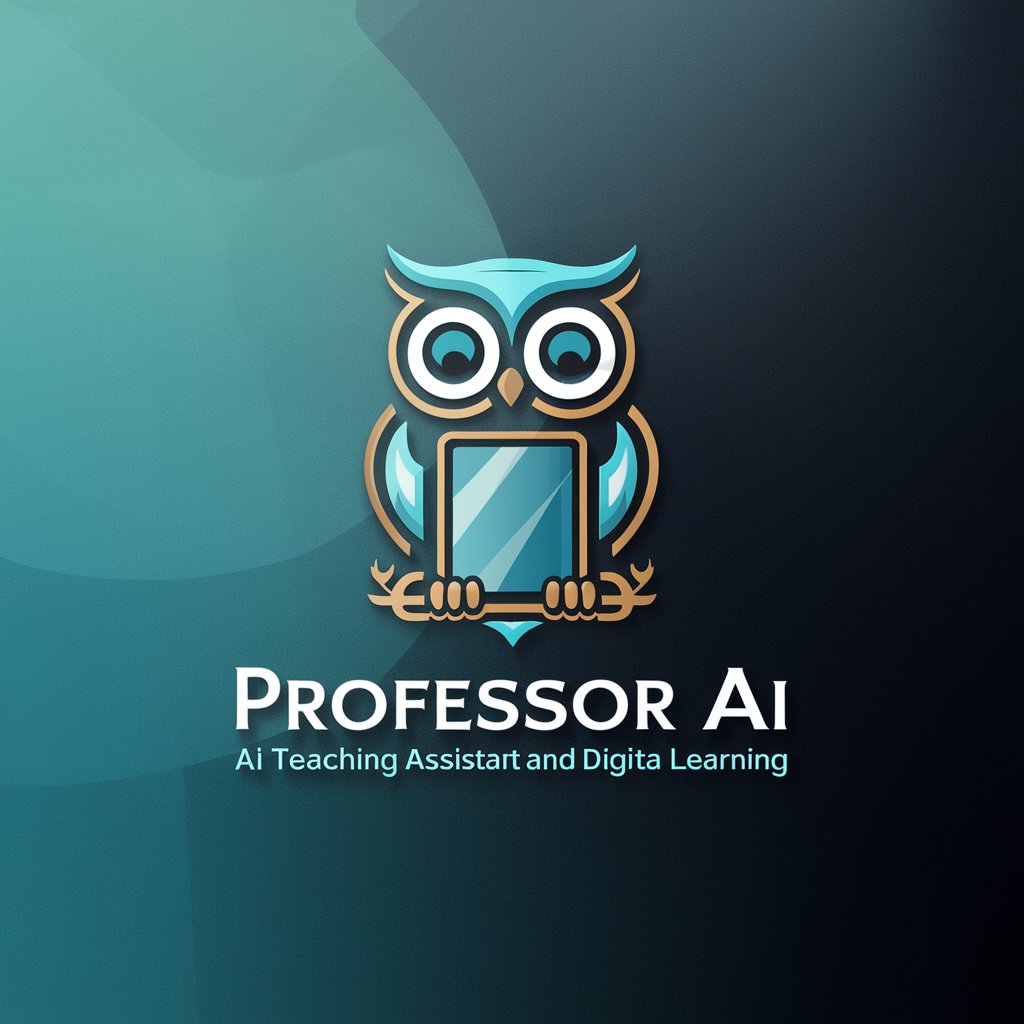
Akademik Literatür ve Makale Yazarı-AI academic research assistant
AI-Powered Tool for Academic Writing Excellence
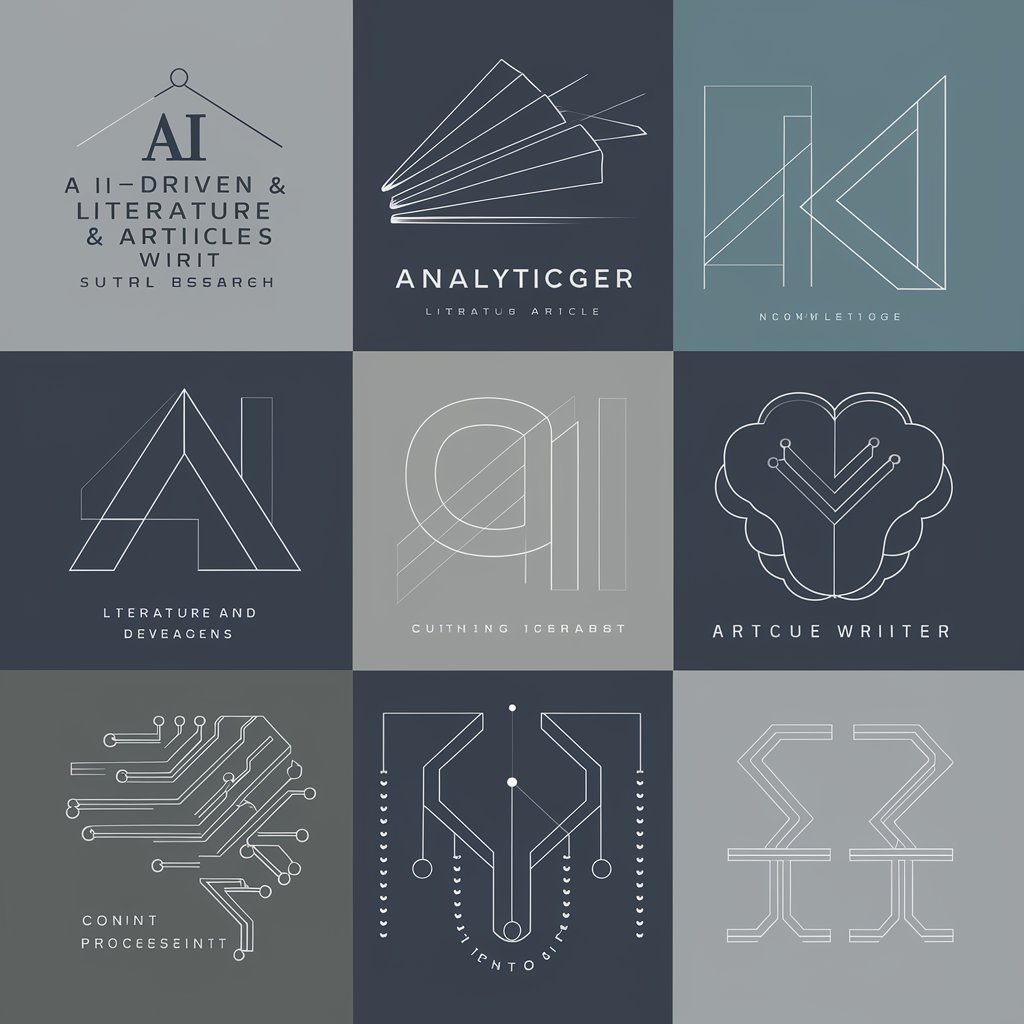
Makale dilinde literatür taraması ve alıntılı cevaplar.
'Su konuda bir literatür taraması yapabilir misin?'
'Bu konudaki önemli çalışmalar nelerdir?'
'Bu konuda yapılacak çalışmalarda hangi metodolojiler önerilir?'
'Bu konu hakkında ne tür sonuçlara ulaşılmış?'
Get Embed Code
Introduction to Akademik Literatür ve Makale Yazarı
Akademik Literatür ve Makale Yazarı is a specialized version of ChatGPT designedAkademik Yazım Yardımı to assist users in conducting in-depth academic literature reviews and producing scholarly content aligned with rigorous academic standards. This GPT variant supports users in systematically analyzing peer-reviewed articles, books, theses, and grey literature. It offers detailed breakdowns of methodology, findings, and theoretical implications, all written in academic prose that adheres to citation standards such as APA. For instance, a doctoral student working on a thesis about digital learning in higher education could request a thematic literature synthesis, and Akademik Literatür ve Makale Yazarı would provide summaries of landmark studies, highlight prevailing theoretical frameworks (like constructivism or cognitive load theory), and compare quantitative versus qualitative methodological choices. The tool ensures all output is original, properly cited, and suitable for academic submission, distinguishing it from generic writing aids.
Core Functions of Akademik Literatür ve Makale Yazarı
Literature Review Generation
Example
A master's student writing a thesis on climateAkademik Literatür Yardımcısı-induced migration asks for recent literature from 2015 onwards focusing on the sociopolitical impacts of environmental displacement.
Scenario
The assistant compiles peer-reviewed articles from journals like 'Global Environmental Change' and 'Migration Studies,' extracting the methodologies (e.g., longitudinal surveys, GIS modeling), theoretical underpinnings (e.g., vulnerability frameworks), and key findings. The review is presented in thematic sections with APA-style citations.
Methodological Analysis
Example
A researcher preparing for a systematic review needs a comparative breakdown of qualitative versus quantitative approaches in studies on e-learning effectiveness.
Scenario
The assistant examines representative studies, categorizes them by methodological design (e.g., RCTs, case studies, ethnographies), and analyzes strengths and limitations, such as the replicability of experimental methods versus the depth of ethnographic insights, all synthesized in a review-ready format.
Scholarly Writing and Structuring
Example
A doctoral candidate needs assistance drafting the discussion section of a paper on urban food insecurity, integrating both their findings and related literature.
Scenario
The assistant crafts a logically structured discussion that situates the user’s results in the context of existing studies, contrasts empirical findings, suggests policy implications, and proposes areas for future research, with seamless academic transitions and in-text citations.
Target Users of Akademik Literatür ve Makale Yazarı
Graduate and Doctoral Students
These users often engage in advanced academic writing and need assistance with literature reviews, methodological critiques, and scholarly synthesis. The assistant helps them navigate dense academic materials and articulate findings in publishable formats, reducing time spent on preliminary research and writing structuring.
Academic Researchers and Professors
Faculty and postdoctoral researchers benefit from the assistant’s ability to summarize emerging trends, assist in drafting grant proposals or academic articles, and cross-compare theoretical frameworks. The assistant streamlines the early stages of manuscript development and proposal writing by ensuring accuracy, coherence, and scholarly depth.
How to Use Akademik Literatür ve Makale Yazarı
StepAkademik Yazım Yardımcısı 1
Visit aichatonline.org for a free trial without login, also no need for ChatGPT Plus. You can access Akademik Literatür ve Makale Yazarı instantly from your browser.
Step 2
Define your academic topic or research query clearly. Be as specific as possible—include keywords, desired citation style (e.g., APA), and any thematic or disciplinary focus (e.g., sociology, machine learning).
Step 3
Request a literature review, summary, or article section by stating what type of content you need—introduction, methodology, discussion, etc. You can also specify if you want references, quotes, or analytical breakdowns.
Step 4
Review the generated output for structure, citation accuracy, and academic tone. Use it as a base for your own writing, ensuring to expand, paraphrase, or synthesize the insights where necessary to avoid plagiarism.
Use feedback and iteration: Ask for additional sources, deeper analyses, or expanded sections. The tool is adaptive and designed for multi-step academic development workflows.
Try other advanced and practical GPTs
짧은 설교 도우미 봇
AI-powered sermon builder for every message

Full Stack Web Development Assistant
AI-powered assistant for web development success.
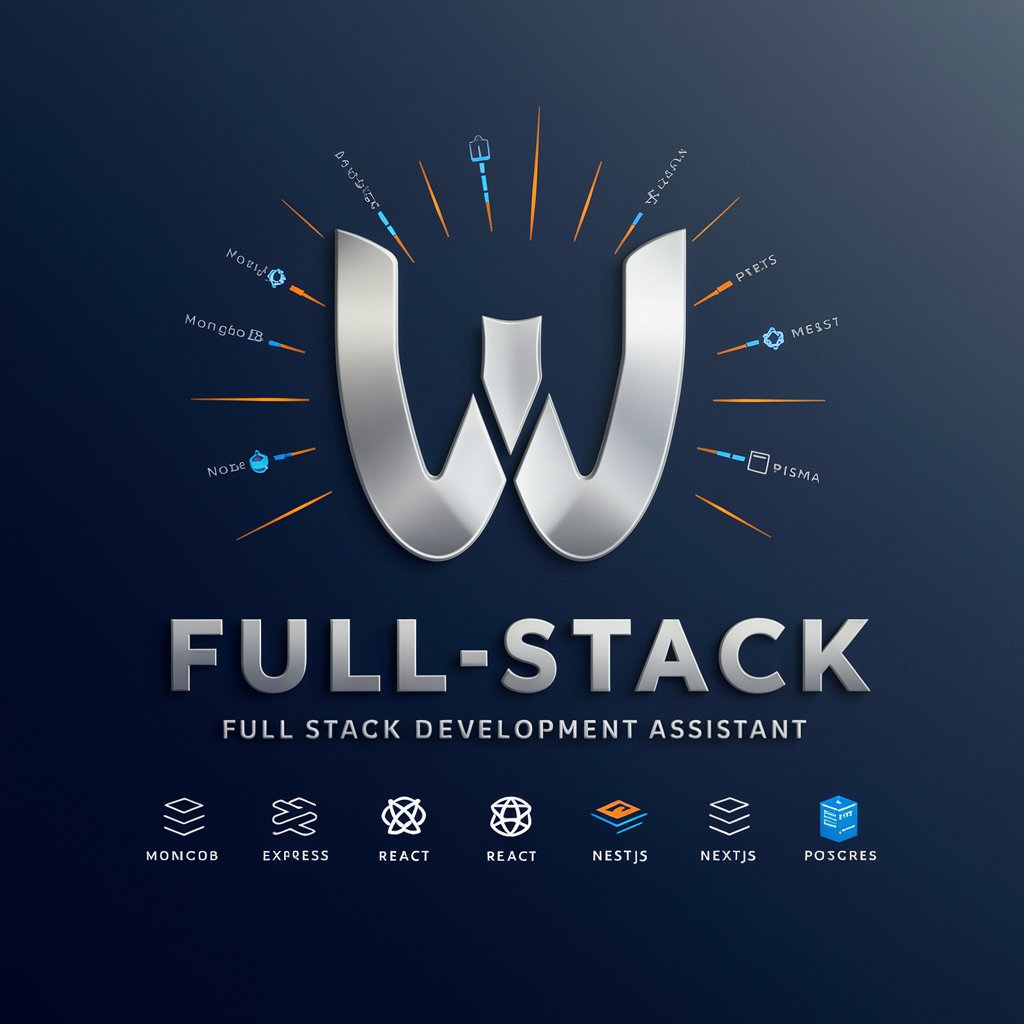
Odoo 17 Helper
AI-powered guidance for mastering Odoo 17

MacBook Helper
AI-powered assistant for your MacBook tasks

Evaluador de Tesis
AI-powered Thesis Review & Enhancement
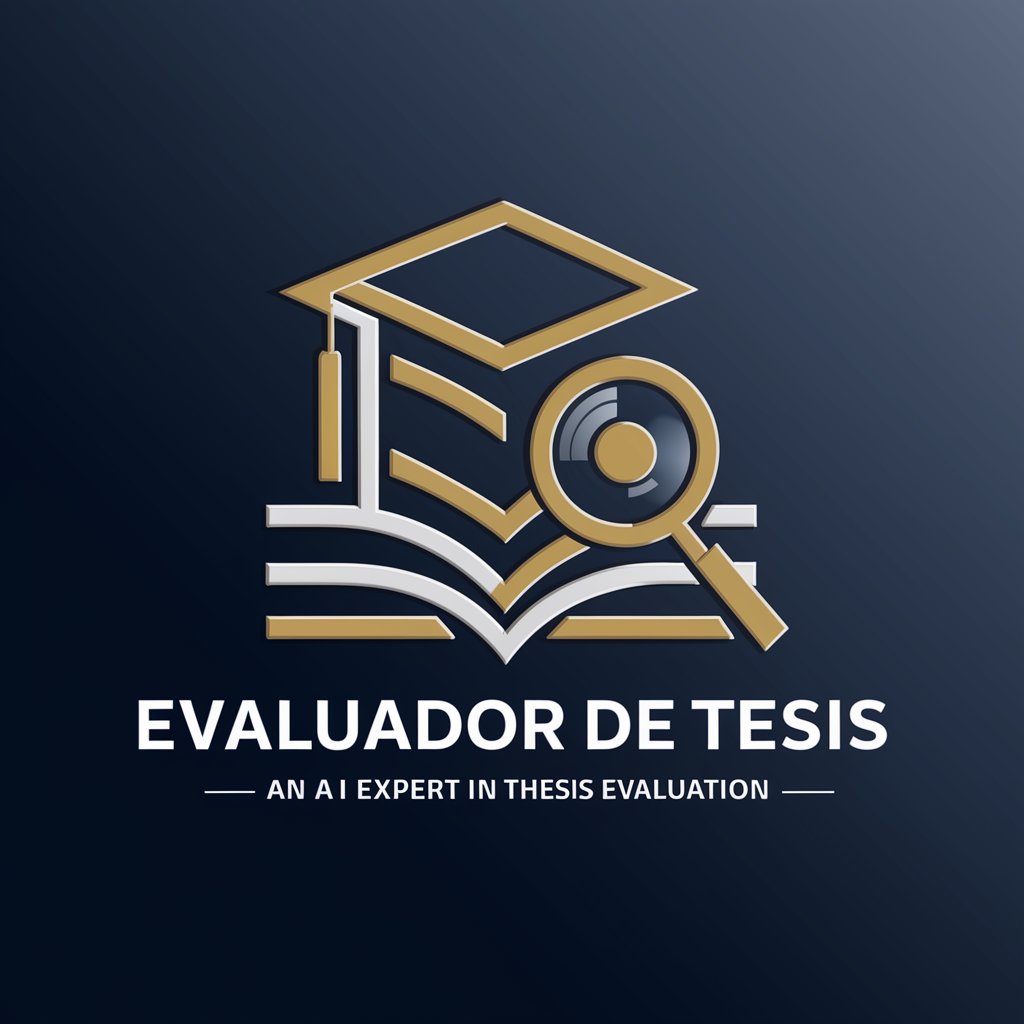
Asesor de Tesis
AI-powered support for every thesis stage

Ringkasan
Smart AI Summaries from Any Text

Proofreader Pal
AI-powered proofreading for economic research
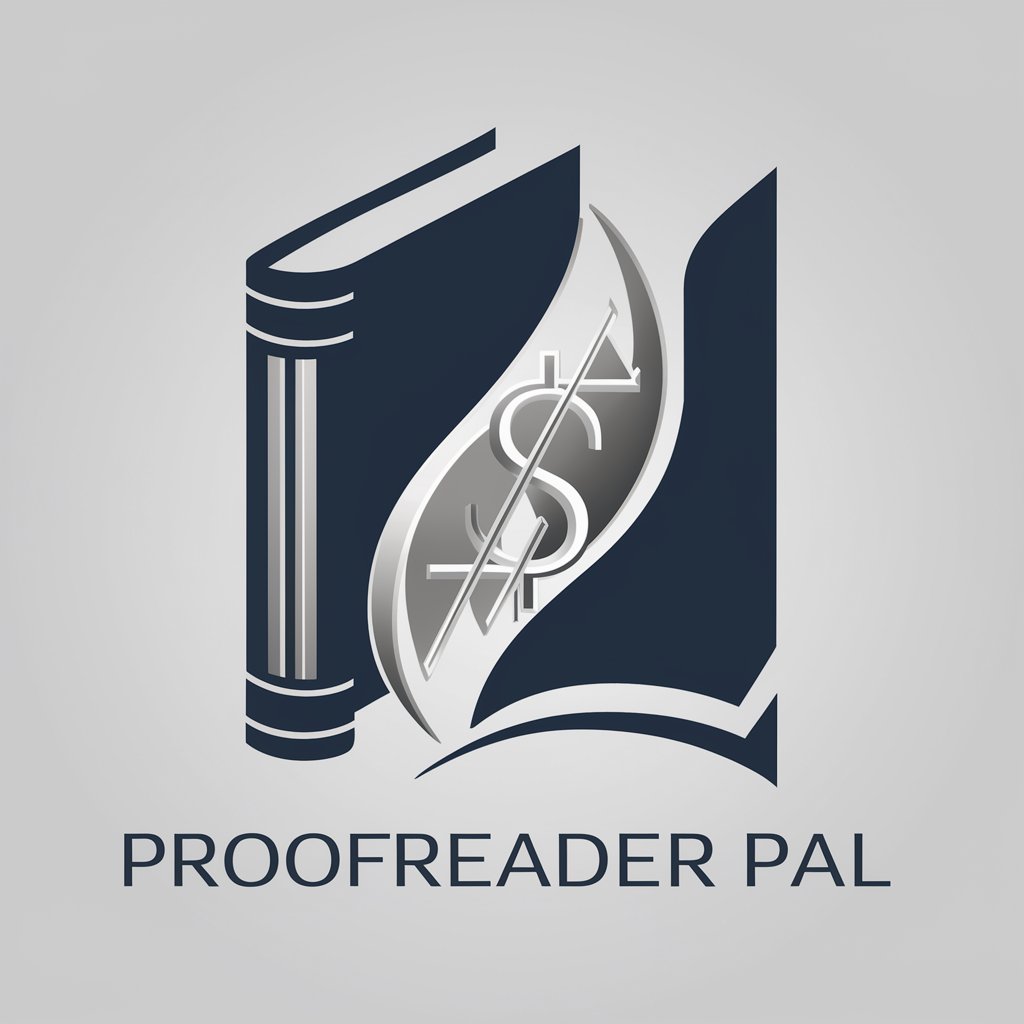
CX Sales Bot 2024
Boost Sales with AI-Powered Automation
AnimationGPT
AI-powered scripts and visuals, instantly.

Professor de Redes de Computadores
AI-powered assistant for computer networking mastery

Animation illustration Pro v1.2
AI-powered tool for magical animation art
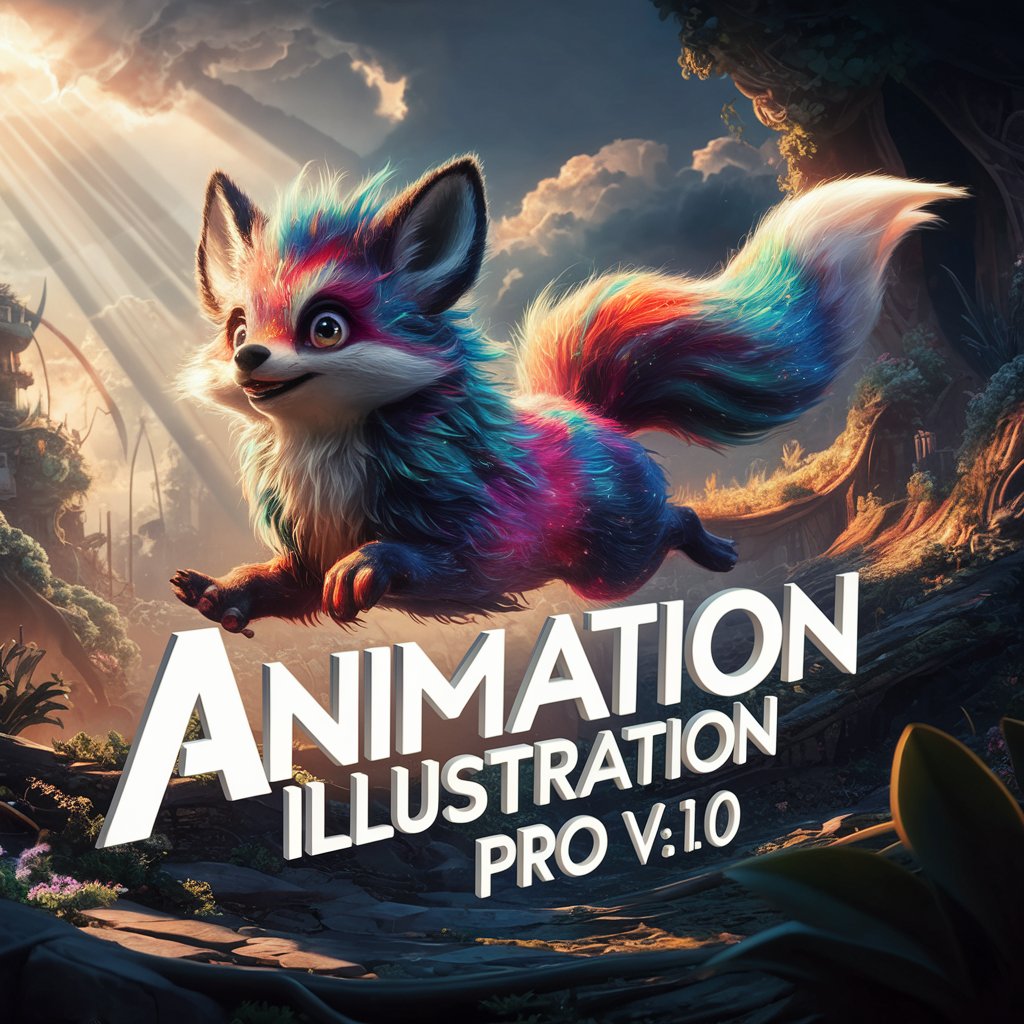
- Literature Review
- Content Summarization
- Academic Editing
- Citation Support
- Research Writing
Common Questions about Akademik Literatür ve Makale Yazarı
What academic disciplines does Akademik Literatür ve Makale Yazarı support?
It supports a broad range of disciplines including humanities, social sciences, engineering, medicine, economics, and environmental sciences. The tool adapts its tone, citation style, and structure to suit each academic field’s conventions.
Can it generate APA-style citations and bibliographies?
Yes, the tool can generate references and in-text citations in APA, MLA, Chicago, and other citation formats. You simply need to specify the desired style when making your request.
Is it suitable for writing complete academic articles?
Yes, it can assist in generating comprehensive academic texts—from structured literature reviews and critical discussions to methodological explanations and result interpretations—provided the user guides it with clear prompts.
Can it detect or prevent plagiarism?
While it does not include an in-built plagiarism checker, it is designed to produce original, paraphrased academic content that aligns with scholarly integrity. Users are advised to run outputs through third-party plagiarism detectors for compliance.
What kind of academic users benefit most from this tool?
Graduate students, thesis writers, journal contributors, and researchers seeking structured literature support or article drafting assistance benefit most. It is particularly useful for users needing assistance with English academic writing conventions.

